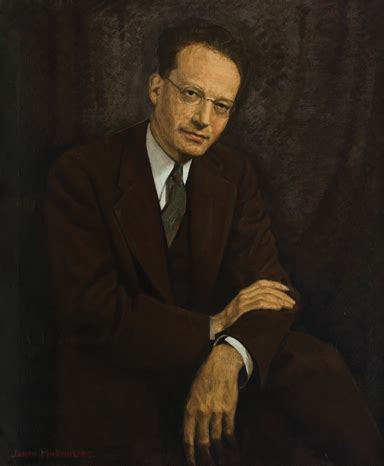A Quote by Gordon S. Wood
More than any other figure in our history [Tomas] Jefferson is responsible for the idea of American exceptionalism.
Related Quotes
This Congress did more to uplift education, more to attack disease in this country and around the world, and more to conquer poverty than any other session in all American history, and what more worthy achievements could any person want to have? For it was the Congress that was more true than any other Congress to Thomas Jefferson's belief that: 'The care of human life and happiness is the first and only legitimate objective of good Government.'
What does the doctrine of American exceptionalism empower the United States to do? Nothing more than to act better than traditional empires - committed to looting and conquest - have done. So that's American exceptionalism: an exceptionalism based on noble ideas, ideas that it holds itself to even when it falls short of them.
That strain of anti-monopoly crusading egalitarianism really runs throughout American history from [Tomas] Jefferson to Woodrow Wilson, that finds its apotheosis in [Louis] Brandeis, continues through the New Deal, but then it sort of peters out in the '60s because progressives in particular become more interested in extending equality to minorities, and women, and other excluded groups, and little more suspicious of these old white guys, often from the south, who were crusaders against monopolies.
[John] Adams's perception of Europe, and especially France, was clearly different than [Tomas] Jefferson's. For Jefferson, the luxury and sophistication of Europe only made American simplicity and virtue appear dearer. For Adams, by contrast, Europe represented what America was fast becoming - a society consumed by luxury and vice and fundamentally riven by a struggle between rich and poor, gentlemen and commoners.
Our patriotic fervor was the result of the old and widespread belief in the idea of American exceptionalism, the idea that America was a new thing in history, different from other countries. Other nations had evolved one way or another, evolved from tribes from a gathering of clans, from inevitabilities of language and tradition and geography. But America was born, and born of ideas: that all men are created equal, that they have been given by God certain rights that can be taken from them by no man, and that those rights combine to create a thing called freedom.
Beyond institutional amnesia, a rejection of causal analysis is the existential rock on which American Exceptionalism sits. The United States unique sense of itself depends on an ambiguous relationship to the past. History is affirmed, since it is America's unprecedented historical success that justifies the exceptionalism.
It is a pity that so many Americans today think of the Indian as a romantic or comic figure in American history without contemporary significance. In fact, the Indian plays much the same role in our society that the Jews played in Germany. Like the miner’s canary, the Indian marks the shift from fresh air to poison gas in our political atmosphere; and our treatment of Indians, even more than our treatment of other minorities, reflects the rise and fall in our democratic faith.
Everything that everyone is afraid of has already happened: The fragility of capitalism, which we don't want to admit; the loss of the empire of the United States; and American exceptionalism. In fact, American exceptionalism is that we are exceptionally backward in about fifteen different categories, from education to infrastructure.
[Tomas] Jefferson is more out of fashion, both because of his views on race, where he's properly questioned, that part of his legacy, but also because the libertarian critique of bigness in business and government, the idea that size is a danger is something that's shared on the right when it comes to government and on the left when it comes to corporations, but not both.































